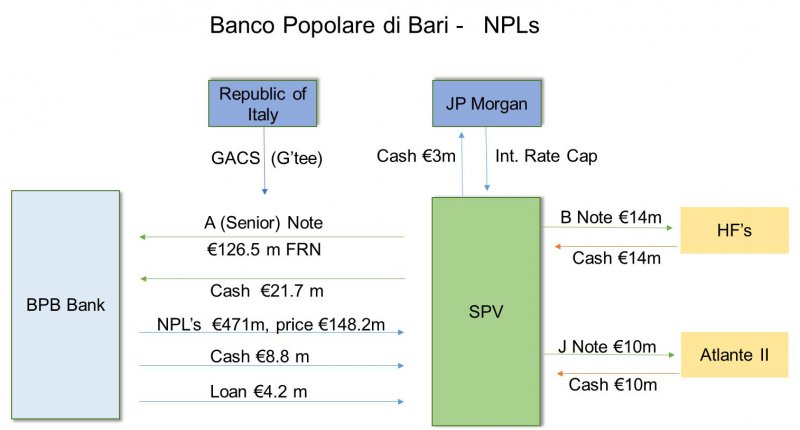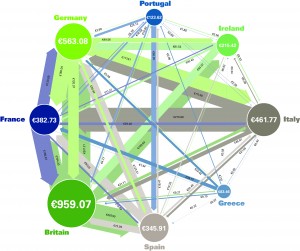Uber’s battle with New York City mayor Bill de Blasio, which culminated this week in a temporary truce while the city “studies” Uber, shines a bright light on the struggle between progressivism and new technology that goes much deeper than Uber itself.
Progressivism has proven ill-equipped to deal with the rapid change that 21st century technology has introduced into its 20th century framework.
Uber has noticed, evidenced by its spokesman’s recent claim that “there is nothing progressive about protecting millionaire taxi donors who mistreat drivers and discriminate against riders.”
While progressives claim that Uber is denying its drivers traditional workforce protections, 73 percent of Uber drivers say they prefer independence to working for employers offering benefits, according to a study by Princeton economist Alan Krueger.
Even as progressives have enjoyed victories in the culture wars, on economic and technological matters they seem determined to resist change and even to idealize the past, a trait which they typically pin on conservatives.
The Federal Communication Commission (FCC) adopted this frame of mind when it decided earlier this year to regulate the Internet with decades-old rules that predate the Internet itself. Faced with rapidly-developing autonomous vehicle technology, the National Highway Traffic Safety Administration’s initial reaction in 2013 was to ask states to ban self-driving cars rather to help facilitate their development.
And of course Obamacare gives federal regulators rigid control over the terms and prices of insurance coverage. In an age when the diffusion of options in everything from beer to music has changed the behavior of large, established companies, health insurance companies are consolidating, getting bigger, and offering consumers fewer choices.
Progressive leaders would rather kill Uber and ensure poor taxi service everywhere than allow ordinary people to make money moving other ordinary people to their desired destinations.
In the midst of disruptive economic change, the progressive instinct is to tighten the grip of federal rules using mechanisms that were designed in an earlier era. Progressives assume that a firmer grip with old tools is better than no grip at all. This progressive reflex shows how ill-equipped progressivism is to deal with the world in which we presently live.
When 3D food printing makes it possible for restaurants to produce dishes with items they formerly purchased from federally inspected manufacturers, how will progressives respond? If the online delivery of high-quality, low-cost education options grow to the point that traditional public schools lose too many students, how might progressives propose we change “No Child Left Behind”? What will progressives say about Pager, the new Uber-like app that dispatches doctors directly to patients’ homes?
These questions become especially important when we consider that the regulators in government agencies are biased, typically in a progressive direction. As a new Brookings Institution study finds, federal regulators impose rules in a manner consistent with their own views. The study’s authors found that regulators overestimate small risks, much like ordinary people. The EPA, for instance, engages in the “bizarre practice of treating as equal both real and hypothetical exposure risks.”
This means we can predict with a fair degree of confidence that progressive regulators will overdo it when it comes to the risks posed by 3D food printing or whatever the next Uber technology turns out to be.
The arc of progressivism is on the wrong side of history when it comes to the disruptive technologies that benefit the middle class that progressives love to defend. Whether conservative and libertarian-leaning leaders can offer an alternative vision remains to be seen, but the progressive tendency to stand athwart history on these matters has given them an open door to try.
Streeter is the director of the Center for Politics and Governance and a professor at the LBJ School of Public Affairs at the University of Texas at Austin.



